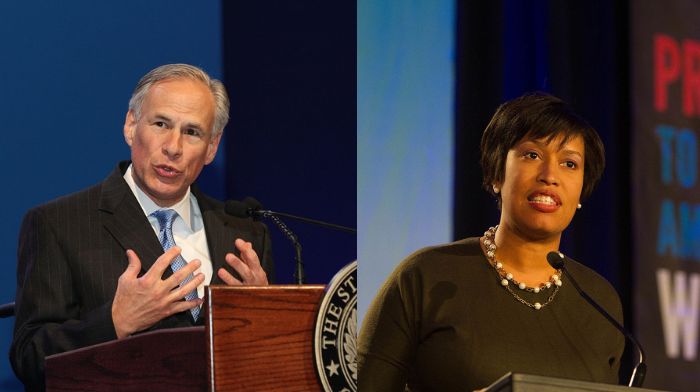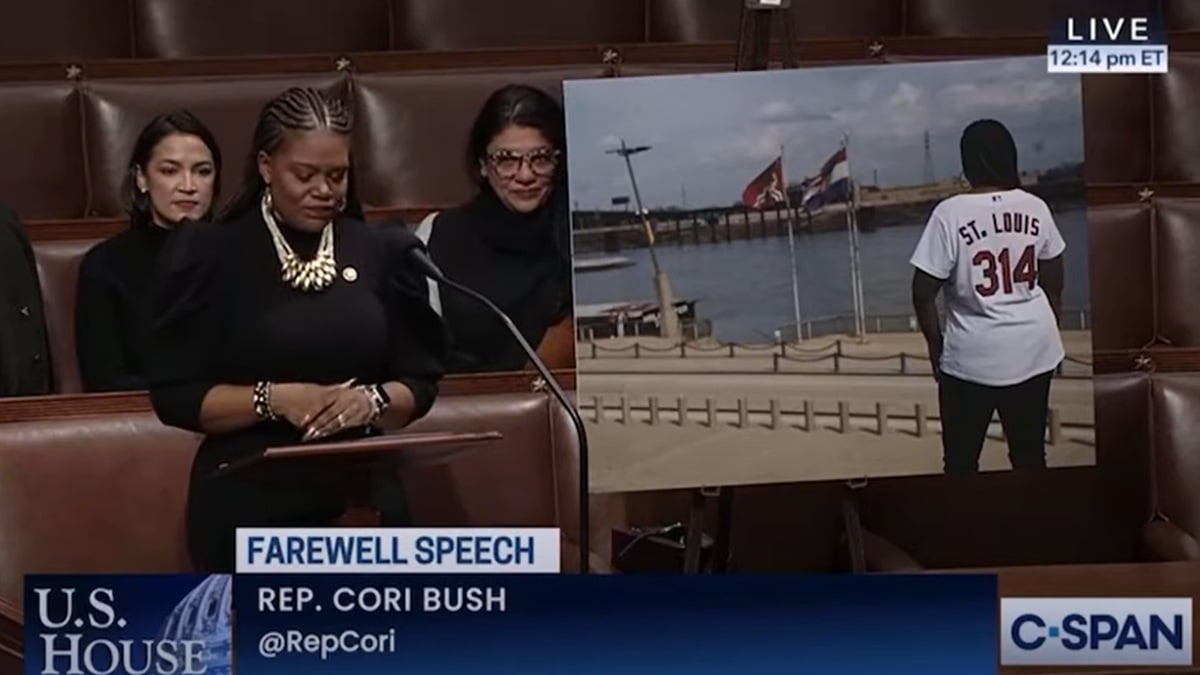
Nicholas Sandmann lost his defamation lawsuits against several major media companies on Tuesday.
The teenager, who was 16 when a video of him and Native American elder Nathan Phillips went viral in 2019, plans to appeal the ruling after a federal judge struck his cases against The New York Times, ABC News, NBC Universal Media, CBS News, Gannett and Rolling Stone, according to Insider.
Court documents showed the lawsuit centered on Phillips’ claims that Sandmann blocked his path. These claims were widely reported on by major outlets including CNN and The Washington Post, both of which Sandmann eventually sued and settled with for undisclosed sums in 2020.
The encounter itself occurred at the Indigenous People’s March in Washington, D.C. on Jan. 18, 2019. Footage showed Sandmann and fellow students from Covington Catholic High School in Kentucky, who participated in the anti-abortion March for Life, coming across Phillips and other Native Americans at the Lincoln Memorial.
One video showed Phillips playing a drum as Sandmann stood before him with a smile on his face. Some of the students wore “MAGA” hats, with others interrupting the Indigenous meetup by raucously yelling and dancing to the music.
The footage went viral, and many saw Sandmann’s self-assured smile as a mockery of the event.
Phillips claimed in subsequent interviews that Sandmann blocked him from moving. Sandmann claimed in 2020 that he was actually trying to “defuse the situation” by “remaining motionless and calm,” according to CNN.
While further footage emerged on Jan. 19 that showed a separate group yelled offenses at the Indigenous group before Phillips even approached Sandmann, the initial video unwittingly made the teenager famous — with extensive punditry on major news outlets spurring him to sue.
Federal Judge William O. Bertelsmann summarized in court on Tuesday that Sandmann’s arguments regarding any potential defamation were “objectively unverifiable and thus unactionable claims,” however.
“The media defendants were covering a matter of great public interest, and they reported Phillips’s first-person view of what he experienced,” said Bertelsmann. “This would put the reader on notice that Phillips was simply giving his perspective on the incident.”
Bertelsmann, who acknowledged that Sandmann’s case was filed during nationwide racial tension, clarified Tuesday that his ruling was made “with no consideration of the rancorous political debate associated with these cases.”
Sandmann, who delivered a pre-recorded speech at the Republican National Convention in 2020 and had then-President Donald Trump claim he was “smeared by the media,” responded to the ruling with a Twitter thread on Wednesday.
“Obviously, the ruling yesterday was a disappointment for my family and I,” tweeted Sandmann. “I’m appealing the decision in the sixth circuit. Here’s why: Judge Bertelsmann revisited the statements that I ‘blocked Nathan Phillips’ and ‘would not allow him to retreat.’”
“His job was to rule on the legal issue of what those statements were,” Sandmann continued. “If they were factual claims, I could proceed and a jury would then decide if they were defamatory. But if they were opinions, it is protected speech that I cannot sue for.” Sandmann maintained that the media outlets’ claims were facts, not opinions, and thus grounds for a suit.


























































